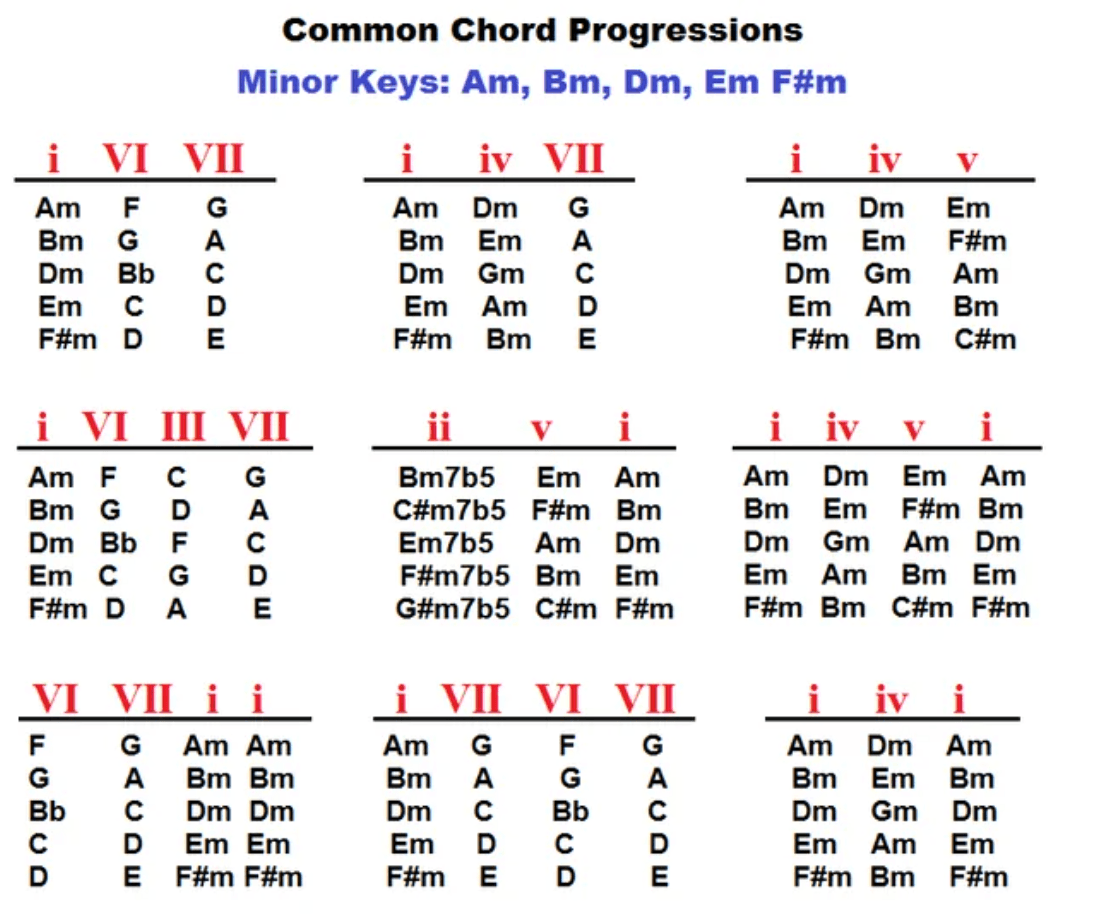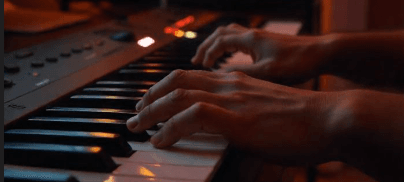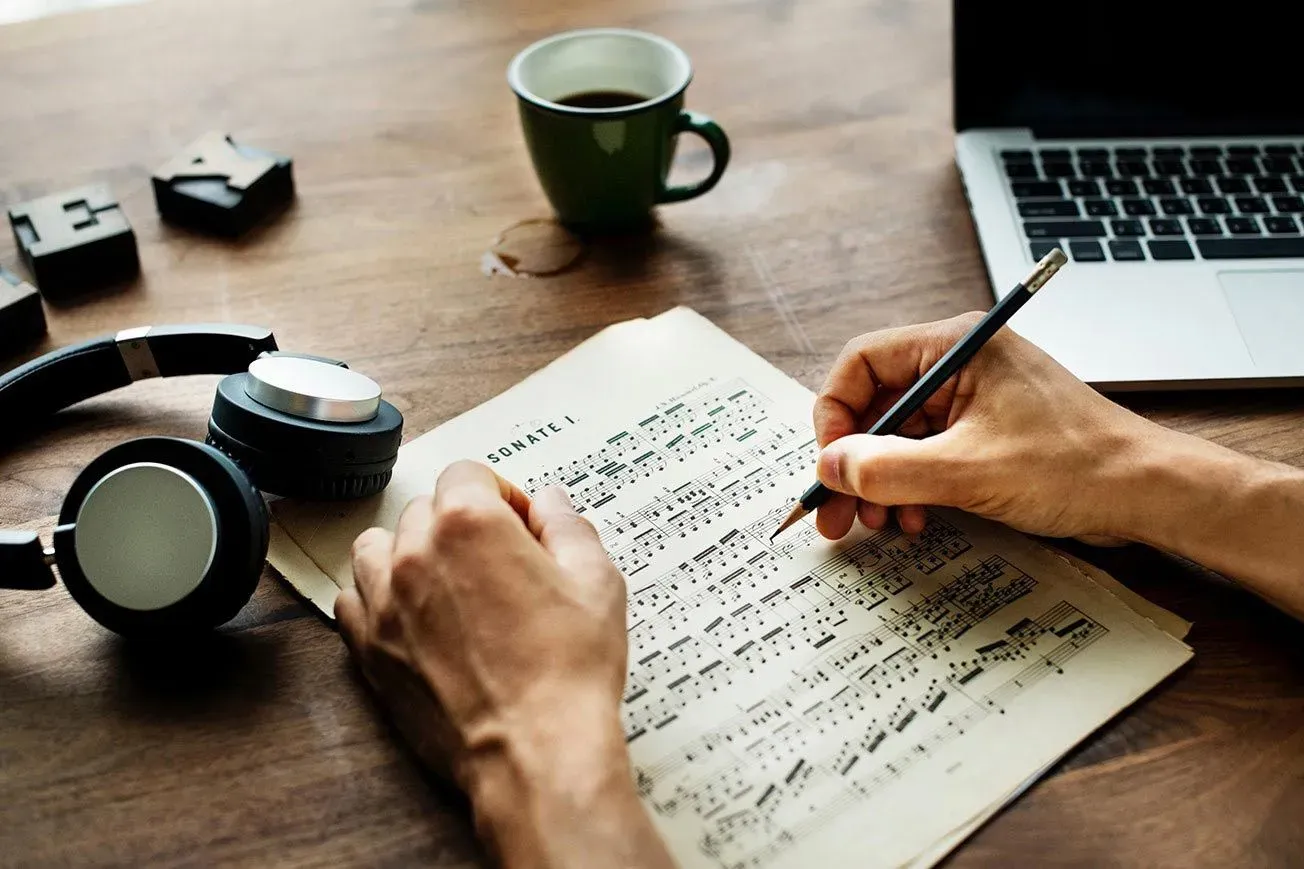Welcome to the harmonious world of 2024, where the rhythm of music creation is being redefined by AI melody generators.
These innovative tools are reshaping how melodies are composed, offering musicians, both seasoned and aspiring, a symphony of new possibilities.

The Rise of AI in Music
The integration of Artificial Intelligence (AI) in music has been a transformative journey that began in the mid-20th century and has since evolved into a sophisticated and multifaceted domain.
Early Beginnings: Algorithmic Composition
The genesis of AI in music dates back to the 1950s, marked by the advent of computer-generated music. Pioneers like Alan Turing, utilizing the Manchester Mark II computer, laid the foundation for this new era.
Early experiments, such as the Illiac Suite for String Quartet in 1957, were based on algorithmic composition, where computers used formal sets of rules to create music.
This approach relied on mathematical models and algorithms, like the Monte Carlo algorithm, to generate random numbers corresponding to musical features within predetermined musical and theoretical constraints.
Innovations and Developments
By the 1960s, composers like Iannis Xenakis were expanding the scope of AI in music. Xenakis employed stochastic probabilities, using computers and the FORTRAN language to determine the structure, pitch, and dynamics of compositions.
His work showcased AI not only as a tool for composition but also for sound analysis, influencing how melodies and orchestrations for different instruments were created.
The transition to generative modeling began in subsequent decades, moving from simple algorithmic generation to more sophisticated music intelligence systems.
This evolution was marked by a shift from a musical robot's direct methods to musical intelligence's knowledge-based understanding of musical elements.
David Cope's Experiments in Music Intelligence (EMI) in the 1980s exemplified this shift. EMI used methods like deconstruction, signatures, and recombinancy to achieve a deeper understanding of music and create new compositions.
Current Period: Advanced Generative Modeling
In the modern era, projects like Google Brain's Magenta and OpenAI's Jukebox illustrate the advanced capabilities of AI in music.
Magenta uses machine learning for tasks like transcribing audio and blending musical scores, while Jukebox models music and the human voice directly as raw audio, employing specialized encoders and neural networks for generative modeling.
These platforms illustrate the progression from simple recombinancy and algorithmic composition to sophisticated systems capable of creating complex musical arrangements and even replicating the human voice.
Commercial Applications and Future Outlook
The growth of music intelligence has led to more commercial applications, such as LANDR's automated audio mastering and the production of commercial songs with AI assistance.
As AI technology continues to refine and evolve, its role in the music industry grows, assisting artists in the creative process and in applications like soundtracks and background music.
However, the human mind's role in imparting emotional depth and creativity remains indispensable in the artistic process.
What Are AI Melody Generators?
AI melody generators represent a significant breakthrough in music technology, harnessing the power of artificial intelligence to revolutionize the way music is composed.
These tools function by analyzing vast arrays of existing music data, learning from patterns, structures, and styles found in various genres.
By processing this information, they are capable of creating new and unique melodies, thus providing a fresh source of inspiration for composers and musicians.
Their invention was driven by the desire to make music creation more accessible and democratic.
Traditionally, composing music required extensive knowledge of music theory, proficiency in playing instruments, or access to expensive digital audio workstations (DAWs) and other music production tools.
AI melody generators have changed this landscape significantly. They enable individuals who may not have formal music education or cannot afford high-end music production software to explore their creativity in music composition.
Top AI Melody Generators in 2024
AI melody generators have revolutionized the music industry, offering innovative ways for both professionals and hobbyists to create music.
Let's explore some of the leading AI melody generators in 2024:
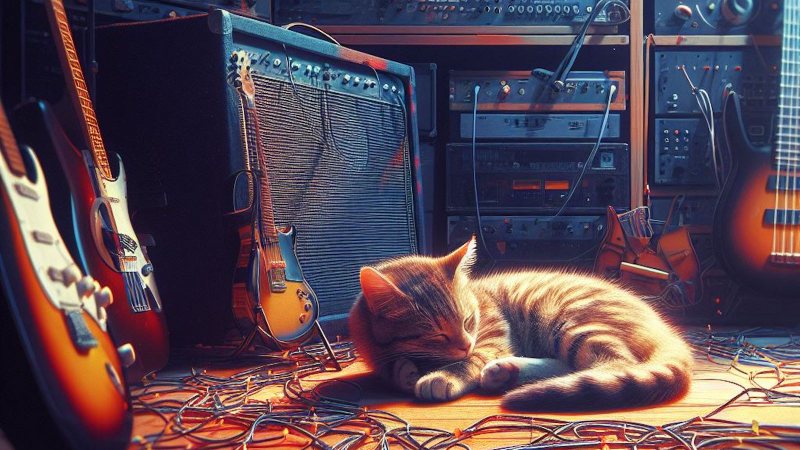
1. Empress Melody Mind
Empress Melody Mind stands out as a premier AI music tool, designed for intuitive and creative melody composition.
This tool simplifies the process of generating melodies by allowing users to input parameters such as the desired instrument, chords, genre, and BPM.
For instance, a user might specify an electric guitar, jazz chords, a bebop genre, and a BPM of 120 to generate a fitting melody.
2. MusicLM by Google
MusicLM, Google’s foray into AI music generators, allows users to compose original songs with minimal effort.
Users can set their preferences in terms of genre, instrument, mood, and complexity level, and then let MusicLM take care of the rest.
This tool supports a range of genres and instruments and offers options to customize the mood and temporal context of the composition.
3. OpenAI MuseNet
MuseNet, powered by OpenAI, excels in creating unique compositions by blending various musical styles and eras.
It offers users the freedom to choose from multiple styles, eras, and composers, and select up to 10 different instruments to personalize their compositions.
MuseNet also integrates MIDI, allowing for further manipulation of the generated music
4. Mubert
Mubert stands out as a cutting-edge platform, revolutionizing the way royalty-free music is generated. It uniquely allows users to translate their emotions and ideas into music using its innovative text-to-music feature.
The platform offers a wide range of audio styles to choose from, catering to varied musical tastes and preferences.
Furthermore, Mubert provides a dedicated studio space for creators, presenting opportunities to monetize their talent.
This makes Mubert an ideal choice for a broad spectrum of users, from music lovers and artists to brands, all looking to explore the frontiers of AI-generated music.
5. Beatoven
Beatoven ushers users into an immersive world of AI-assisted music creation, offering up to 15 minutes of free music extracts to experiment with.
This innovative platform simplifies the music-making process with user-friendly editing features, enabling changes in style or tempo with ease.
It also facilitates embedding music into various formats like videos or podcasts, making it a versatile tool for creators seeking to integrate music into their digital content.
6. Boomy
Boomy is an inclusive platform designed for emerging artists, allowing them to craft unique tracks without the need for extensive prior experience.
The platform provides an array of style and instrumental options to kickstart the composition process, complemented by editing capabilities and a comprehensive library of past creations.
Boomy also offers versatility in output formats, supporting downloads in MP3, WAV, and MIDI, catering to the diverse needs of the modern music creator.
7. AIVA (Artificial Intelligence Virtual Artist)
AIVA stands as a virtual maestro in the realm of AI music composition, capable of creating deeply emotional melodies.
This advanced tool features an automated composition system that can produce music across various styles.
Additionally, AIVA enables the creation of musical partitions, offering a sophisticated approach to composing and structuring music, making it a valuable asset for those seeking to explore the emotional depth of AI-generated music.
Other Notable AI Tools in 2024
In 2024, the AI music tool landscape has expanded significantly, offering a variety of solutions that cater to different aspects of music production.
Here are some notable AI tools that stand out:
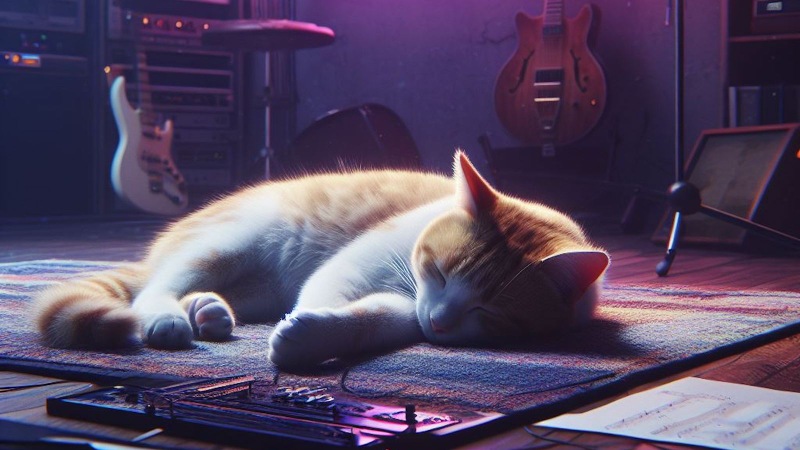
1. Empress AIO (All-in-One)
Empress AIO stands as a comprehensive solution in the realm of AI music tools, offering a full suite for various aspects of music production.
As an All-in-One tool, it excels in creating complete structures for compositions across any genre.
Users can input parameters like instrument type, chord progressions, genre, and BPM, and Empress AIO intelligently generates not just melodies but complete musical pieces.
2. Suno
A comprehensive AI music generator, Suno is designed for those exploring AI-assisted music creation.
It's particularly adept at creating electronic music and hip-hop beats, showcasing the versatility of AI in genre-specific composition.
3. Soundraw.io
Ideal for content creators in need of quick, royalty-free background music, Soundraw.io specializes in producing instrumental tracks.
Its utility extends to podcasters and filmmakers who require music without extensive customization.
4. Voicify
Voicify is a standout tool for modifying vocal tracks or emulating well-known artists' voices.
It offers high-quality vocal transformations and allows users to create their own models for vocal data, adding a personalized touch to music production.
5. Synplant by Sonic Charge
This tool serves as a sound designer's playground, replicating sounds through AI.
Synplant significantly reduces the time needed to match specific audio qualities or textures, streamlining the sound design process.
6. iZotope’s Suite
Comprising Neutron for mixing, Nectar for vocals, and Ozone for mastering, iZotope’s suite offers AI-powered assistance.
It's a staple for producers who seek precision and control in refining their tracks.
7. LyricStudio
Tailored for songwriting, LyricStudio provides lyrically coherent and emotionally resonant content, making it an excellent tool for lyricists looking for quality suggestions.
Also: Check out these Top 5 AI Lyrics Generators That Will Change The World In 2024
8. Stable Audio
Known as the "Midjourney of Music," Stable Audio generates audio snippets up to 90 seconds long, ideal for crafting individual stems, especially percussive elements.
It's particularly useful for creating supporting musical elements.
Empower Your Music Creation
Empress stands out as a beacon for musicians navigating the new digital landscape. Whether you're crafting your next hit or exploring musical ideas, Empress tools are here to enhance your creative journey.
FAQs: AI Melody Generators
Q1: How do AI melody generators inspire musical creativity?
AI melody generators provide a diverse array of fresh, algorithmically generated melodies, offering artists new perspectives and inspiration for their compositions.
Q2: What makes Empress a leading choice for AI-assisted music composition?
Empress combines intuitive design with advanced AI technology, making it a versatile and user-friendly tool for a wide range of musical styles and skill levels.
Q3: Can AI melody generators adapt to different music genres?
Yes, most AI melody generators can adapt to various genres, allowing users to specify their preferred style for tailored melody creation.
Q4: Are the compositions from AI melody generators royalty-free?
Many AI melody generators offer the option to create royalty-free music, which users can utilize freely in their projects.
Q5: How accessible are AI melody generators to beginners?
AI melody generators are designed with user-friendly interfaces, making them accessible and easy to use for beginners without extensive music production knowledge.
Follow the future of music with Empress. Check out our blog to learn how you can effectively use these AI music tools.
